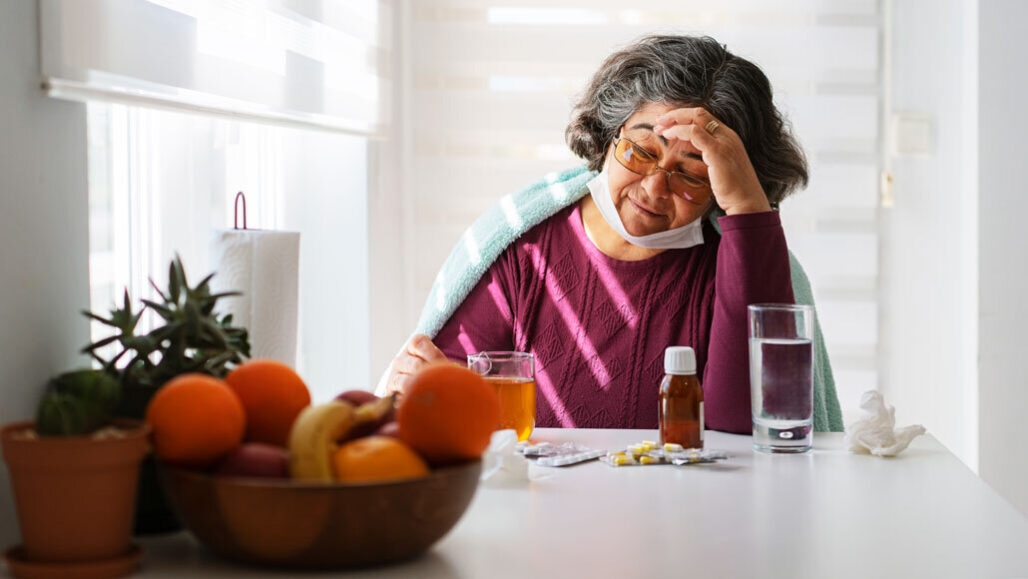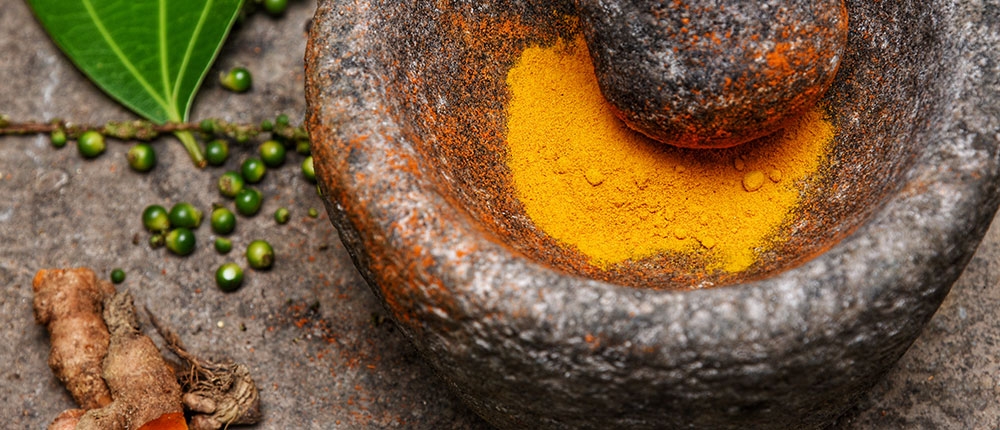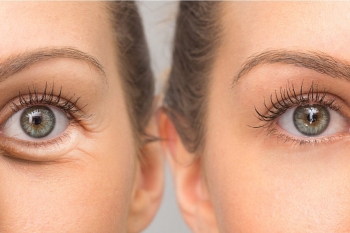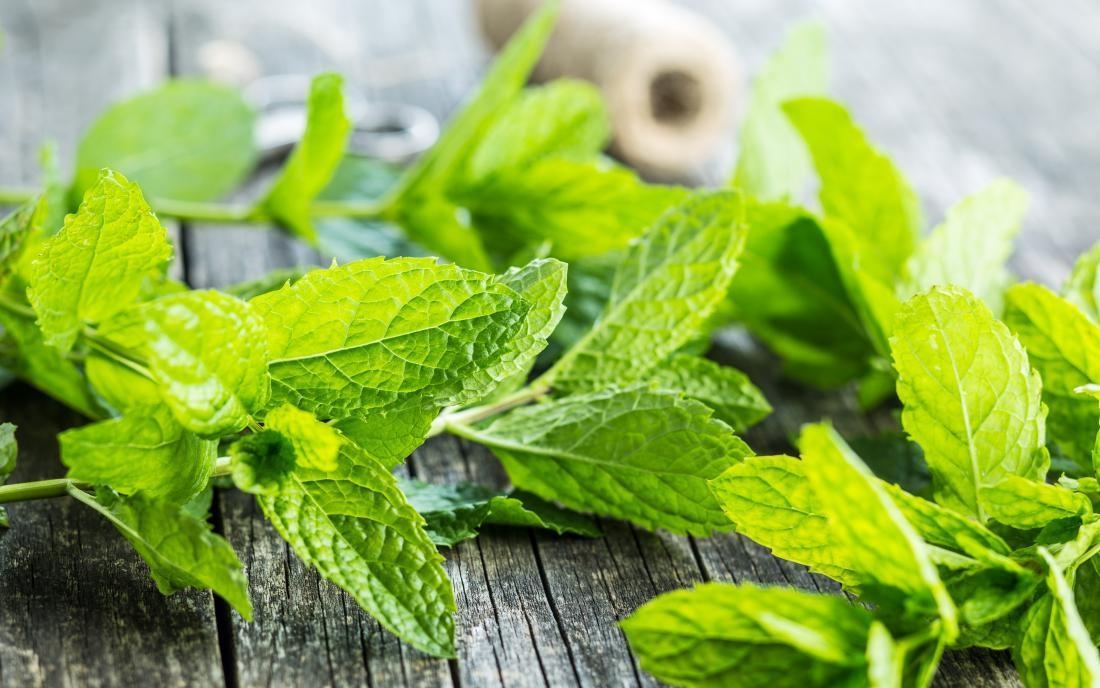How to Treat Covid-19 (Coronavirus) by Natural Remedies
Here's what you need to treat a mild case at home. Those remedies might help you.
 |
| Photo: Science News |
If You Are Sick With Coronavirus
First and foremost, STAY HOME! This applies even if you don't have a confirmed case but have coronavirus symptoms.
Practice social distancing by staying in a room with a dedicated bathroom, if possible, away from other members of your household. If you must share a bathroom, it will have to be cleaned for coronavirus after each use.
Do not have any visitors. If you must be around other people, wear a face mask. Others in your household and you should continue to practice these ways to protect against the coronavirus:
- Wash your hands often.
- Cough into a tissue that you throw away immediately in a plastic-lined wastebasket.
- Clean frequently touched surfaces every day; some may need it several times a day.
- Don't share personal items, like dishes, towels or bedding. Make sure your clothing and linens are washed thoroughly.
You should also limit contact with pets while sick. When sick, the CDC recommends keeping your distance from animals until more is known about the virus.
If your symptoms become severe, you should call your doctor or the UMMS Nurse Call Line to see if you need to go to the hospital. Some of these symptoms include:
- Trouble breathing
- Persistent pain or pressure in the chest
- New confusion or can't be woken up
- Lips or face turning blue
If the symptoms are life-threatening, go to the hospital emergency room right away.
Are There Medicines for Coronavirus?
According to the CDC and WHO, there are no medicines or immunizations right now to treat the COVID-19 virus. At this time, please don't believe in any products that claim to prevent or treat the coronavirus at this time. Additionally, antibiotics only treat bacteria, so they are not effective in treating this virus.
What you cando is treat the symptoms so that you recover as quickly as possible. The body is designed to fight viruses, and for most people, it does successfully on its own.
If you are generally healthy, your body is likely to feel better after a few days and be totally recovered in about a week from the novel coronavirus. However, you may still be contagious for another week or so, which is why there is a 14-day quarantine recommended for anyone who gets the coronavirus.
How Can I Treat Coronavirus Symptoms?
The main symptoms of the novel coronavirus are fever, cough and shortness of breath.
For a Fever
Take a fever reducer. If you choose to or if your fever is very high, you can take a fever reducer. Acetaminophen is what is usually recommended. While ibuprofen is also a fever reducer, there is some concern that it may not be safe to take with the novel coronavirus. More research needs to be done to know for sure.
Stay hydrated. Fevers usually cause sweating, which means loss of water from your body. Drink lots of fluids (preferably water or juice and not soda or high sugar beverages that might make you thirstier). Caffeinated beverages are not recommended.
For a Cough
Sip on drinks throughout the day. Not only will this keep your throat moist and comfortable, it will help keep you hydrated.
Drink warm beverages, like tea or broth. These heat up the airways, keep you hydrated and break up any mucus you might have in your throat and upper airway.
Try a teaspoon of honey in hot tea or hot water. A little bit of honey tends to soothe a sore throat. However, children under 1 year old should not try honey.
Breathe in steam. Use a hot shower, humidifier, vaporizer or other means of making steam. It will soothe a sore throat and open your airways, making it easier to breathe.
Gargle salt water. While it is not scientifically proven to help, many people swear that salt water helps their sore throat. There is no harm in trying, and it might help you. Use 1 teaspoon of salt in 8 ounces of warm water. Make sure you spit it out and disinfect the sink afterward.
Eat a frozen treat. The coldness may help numb the pain and soothe your throat if it is sore from coughing.
Suck on cough drops, lozenges or hard candy. These will keep your mouth and throat moist.
Try cough medicine. If you have a wet cough with lots of mucus, you want to take an expectorant to help get the mucus out. If you have a dry cough, a cough suppressant is what you want. Make sure you choose the right one.
For pain, try acetaminophen. Sometimes a lot of coughing can be painful. A pain reliever can take the edge off.
For Shortness of Breath
Take slow breaths.Slowing things down can help you start breathing again properly.
Try relaxation or meditation techniques. These will help calm the body and get your breathing more regular. Additionally, having shortness of breath may leave you feeling anxious. These relaxation techniques will help fight the anxiety.
If you were previously prescribed an inhaler, you may need to use it. Pay attention to how your chest feels and what symptoms your inhaler was prescribed for. Do not use someone else's inhaler – only use one that is prescribed to you. Make sure you disinfect the mouthpiece after every use.
Vitamins and minerals
 |
| Photo: SciTechDaily |
There's plenty of evidence that nutrients from the food we eat can support the immune system, helping to prevent infection and aid recovery. Vitamins B6, C, D and zinc help keep invaders out and support the production of immune cells and antibodies.
"We don't have any real evidence that vitamin supplements are effective specifically against COVID-19 or other viruses," says Standring, "But certainly being seriously depleted in vitamins and minerals will adversely affect health.
"Some colds may be due to coronaviruses, and zinc has been shown to reduce the duration of colds," she continues. "Also, many people in the UK are likely to be deficient in vitamin D, as we need plenty of sunlight to produce it naturally. So supplementing vitamin D, particularly during the winter months, might be worthwhile for some." UK guidance, changed since the COVID-19 pandemic, now recommends that everyone over 1 year old consider a daily 10 microgram vitamin D supplement.
Some 'alternative health' websites suggest that taking vitamin C to bowel tolerance levels (until you get diarrhoea) is an effective means of flushing a virus out of the body.
"Vitamin C is unlikely to be harmful in higher doses," says Standring, "It's water-soluble and just comes straight out in your urine. But whether it helps to take more than the recommended daily amount is still unclear."
Head says there is no evidence of any protective or beneficial effects from vitamin C. "And whilst the associations between vitamin D and COVID-19 are interesting, we solely have correlations, and not yet any evidence of causation," he says.
Interestingly, a China-based clinical trial is determining whether mega doses of vitamin C can help counter COVID-19-related pneumonia. The study, which uses doses of up to 24 grams a day, will publish its results in September.
Herbs and food supplements
 |
| Photo: Teri |
Herbs and spices such as garlic, ginger, echinacea and turmeric have long been used to treat infections. Garlic contains allicin, a compound which helps immune cells to fight off microbial invaders.
"Garlic is great for the gut microflora as a prebiotic," says Standring. "It can support good gut bacteria which in turn support the immune system, but I wouldn't go consuming massive amounts!"
Head also suggests an age-old remedy for a sore throat. "Gargling or a teaspoon of honey are within NHS guidance for relief of symptoms like a sore throat. It should be noted they will not kill the virus itself, but can help to make the patient a little more comfortable."
A research study using herbs to treat COVID-19 is currently underway in the USA, headed up by Jeffrey Langland, a virologist and assistant research professor at Arizona's Biodesign Center for Immunotherapy, Vaccines and Virotherapy. But the results are not expected for some months.
"The evidence just isn't there yet for using herbs to treat serious infections," says Sandring. "Even if some are shown to have a positive effect, it's the potentially dangerous side effects and toxicity that are the issue.", cites Patient.
Takeaways
| Most people people will have mild coronavirus symptoms. There is no cure for this virus, but there are many simple ways to treat the symptoms that will help your body fight the virus. Most people will feel better after a few days and feel totally fine within a week. However, they will still be contagious, so they should remain in isolation for 14 days from the time of first symptoms. Treat the fever, cough and shortness of breath with the techniques listed above and you will most likely feel better shortly. Staying hydrated and resting will help the most. Remember to stay away from other people and practice good cleanliness protocol to protect your loved ones from contracting the virus as well, according to University of Maryland Medical System. |
|
Cannot sleep because of a painful toothache? Don't let it interupt your biological clock. Ease it right away with effective tips that Knowinsider introduce you ... |
|
There are a number of home remedies that can help you treat cold and get you back to normal. Knowinsider is going to introduce you ... |
|
Bags Under Eyes: There are different approaches to get rid of - reducing under-eye puffiness, depending on the cause. Keep reading to learn how you ... |




























